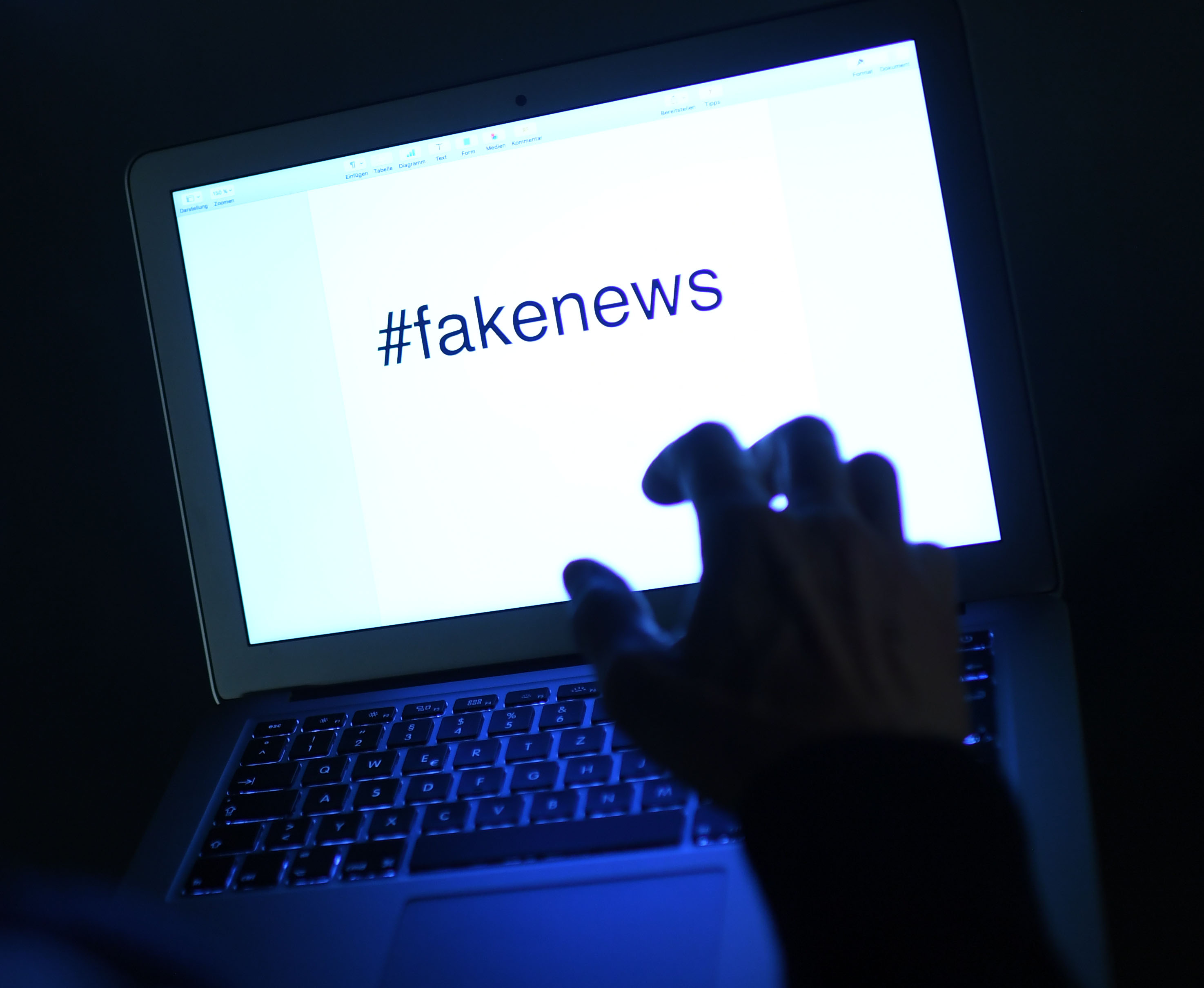INFORMATION
Contents, values and projects that could help us tackle concrete problems are being circulated by new players who are virtually replacing a political void. I am referring to the Pope, to his determined enhancement of the weak, the excluded, those forced to migrate, those living on the peripheries of the world. I am referring to the young people who take to the streets asking for a change in climate policies that will ensure a future for mankind. I am referring to all those in different parts of the world who are demanding bread and dignity.

Let’s return to basics. Let us avoid, for example, extremist positions, which are only true in theory and which, in practice, do not work at all. According to one of these arguments, the communicative milieu in which we are immersed is devoid of facts. There are only “factoids”, and thus everything is plausible thanks to the power of global communication. It’s no wonder that we live in the age of fake news. As a result, it would be impossible to distinguish true from false information, right from wrong, the lack of interest in things, since their truth would be unattainable. All this, however, is not true. It is, in fact, a fake news.
Yet I’m not saying that such processes don’t occur. I am not denying the fact that as we are overwhelmed by an overdose of news, it is extremely difficult to understand what is true and what is not, and that verifying the facts is even more complex today. That’s a case in point, which however does not imply the inability to retrieve the truth.
What I mean to say is that
our common sense remains efficient.
In spite of everything, in spite of the revolutionary developments of the digital environment, our common sense enables us to distinguish truth from falsehood and to investigate further. And if we have made a mistake, if we have been victims of disinformation campaigns, we will realize it. Sooner or later, the harshness of reality compels us to do so.
Let’s consider for example the election campaign for the forthcoming European elections. This appears to be the perfect arena to show that exaggeration, including manipulation of reality, is what is needed to influence the vote. Not that the communication strategists of this or that political force are not trying to follow this path. But we live in the real world. We need to be oriented, to understand. And yet we possess the ability to see things for what they really are, regardless of the opinions that are imposed on us.
If anything, when considering any of these political proposals, we see that the problem does not lie in its communication – whether true or false. In fact the problem lies in the content that this communication is meant to convey, which in many cases is negligible and inadequate to the emergencies of the present times. It is in fact still believed that effective, convincing communication can compensate the absence of a significant project. But this, in fact, is false. The medium cannot replace the message: all the more so in the political sphere, and in terms of the values it should express.
It so happens that the contents, values, and projects that could help us tackle concrete problems are being conveyed by other players, who end up virtually replacing the political void. I am referring to the Pope, to his determined enhancement of the weak, the excluded, those forced to migrate, those living on the peripheries of the world. I am referring to the young people who take to the streets asking for a change in climate policies that will ensure a future for mankind. I am referring to all those in different parts of the world who are demanding bread and dignity.
These are fundamental issues. These are the true needs, that are gnawing at us. Acknowledging
them enables us to distinguish truth from falsehood, and to verify the accuracy of information.
Moreover, fake news cannot transform what is plausible into truth. Perhaps a certain narrative of events could lead us to make the wrong choices. But ultimately, confronting reality helps us understand our mistakes. Provided it’s not too late.